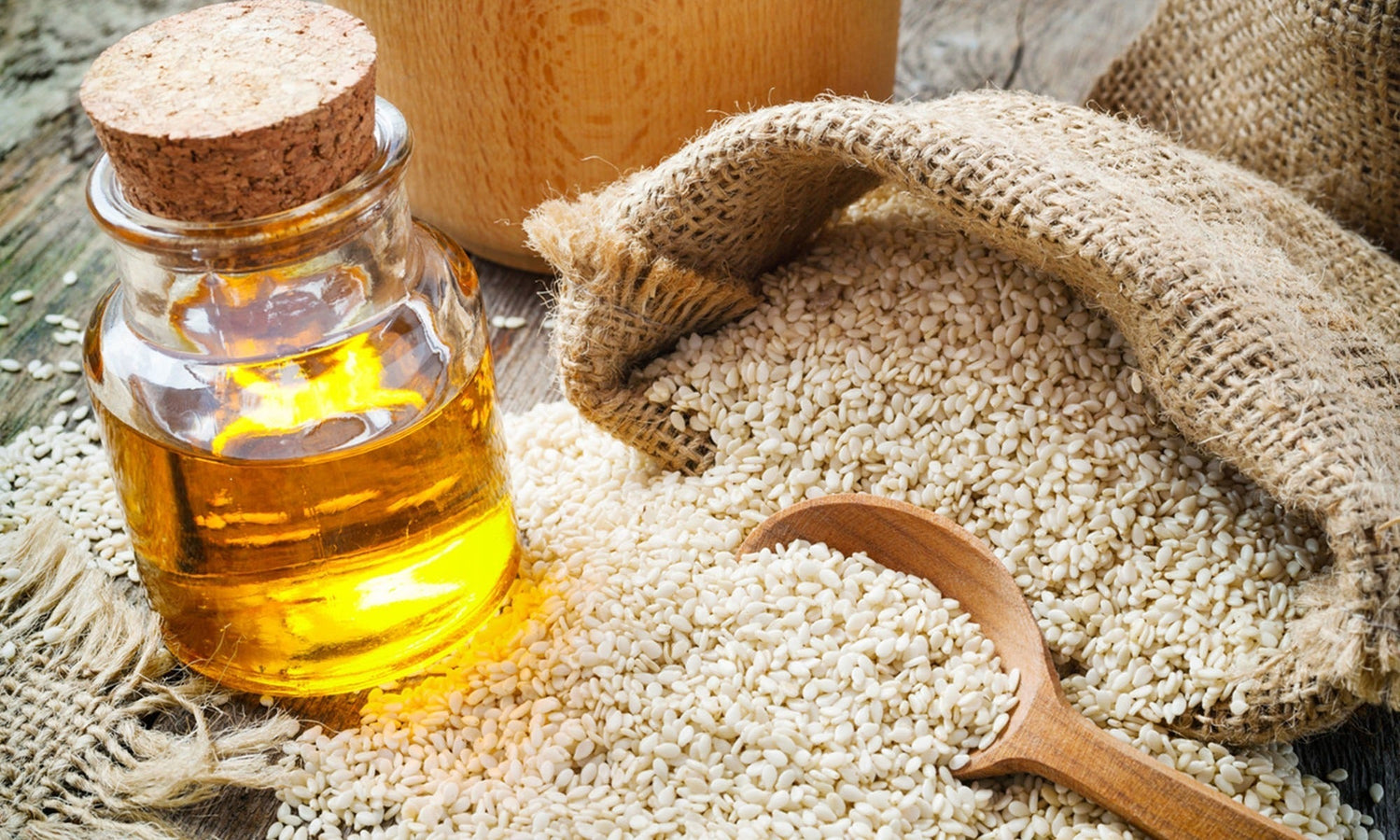When it comes to coconut oil, there are two main types: refined and unrefined. Knowing the distinction between these forms is essential, particularly for culinary professionals and health enthusiasts. Both types offer unique benefits and cater to different uses in cooking and personal care. So, what exactly is the difference between refined and unrefined coconut oil? Let's dive in and explore these differences in detail.

Understanding Refined Coconut Oil
Refined coconut oil is typically made from dried coconut meat, known as copra. This oil undergoes various processes such as bleaching and deodorizing to eliminate impurities. The primary goal is to produce a neutral-flavored oil ideal for high-heat cooking.
Production Process
The production of refined coconut oil involves several steps. First, the copra is subjected to high temperatures to extract the oil. This crude oil is then processed to remove free fatty acids, bleached, and deodorized to create a colorless and odorless product.
Culinary Uses
Refined coconut oil is a versatile cooking oil. Thanks to its high smoke point of around 400 degrees Fahrenheit, it is perfect for frying, sauting, and baking. The neutral flavor makes it an excellent substitute for other vegetable oils without altering the taste of the dish. For additional insights on the benefits of coconut oil in high-heat cooking, check out our high-heat cooking guide.

Understanding Unrefined Coconut Oil
Unrefined coconut oil, often labeled as virgin or extra-virgin, is extracted from fresh coconut meat. It retains the natural flavor and aroma of coconuts, making it popular in both culinary and cosmetic applications. Read more about its cosmetic uses in our cosmetic uses article.
Production Process
Unrefined coconut oil is generally produced through cold pressing, where fresh coconut meat is mechanically pressed to extract the oil without the use of heat. This method preserves the oils natural antioxidants, nutrients, and flavor.
Culinary Uses
Unrefined coconut oil offers a rich, coconut flavor and a lower smoke point of around 350 degrees Fahrenheit. Its best used in low to medium-heat cooking, smoothies, and as a flavorful addition to desserts and dressings. Learn how to incorporate it into your diet by visiting our healthy diet tips.

Health Benefits
Both refined and unrefined coconut oil provide health benefits. However, the nutrient content can vary between the two types.
Refined Coconut Oil
- Medium-Chain Triglycerides (MCTs): Contains beneficial MCTs known for promoting weight loss and improving brain function.
- Antibacterial Properties: Though some natural antioxidants are reduced, refined coconut oil still retains antibacterial properties.
Unrefined Coconut Oil
- Higher Nutrient Content: Rich in antioxidants and vitamins E and K.
- Full Flavor and Aroma: Retains coconut flavor and nutrients, making it beneficial for both culinary and skin-care uses.
Interested in its skin-care benefits? Visit our skin-care benefits page to learn more.

Which One Should You Choose?
The choice between refined and unrefined coconut oil ultimately depends on your needs and preferences. If you need an oil with a high smoke point for frying, refined coconut oil is your best bet. On the other hand, if youre looking for oil with a full coconut flavor and higher nutrient content for salads or skin care, unrefined coconut oil is the better choice.
FAQs
Can I use unrefined coconut oil for high-heat cooking?
Unrefined coconut oil has a lower smoke point, making it unsuitable for high-heat cooking. It's best used for medium-heat cooking, baking, or as a flavor enhancer in various dishes.
Is refined coconut oil unhealthy?
While the refining process does remove some nutrients, refined coconut oil remains a healthy cooking option due to its high MCT content and neutral flavor.
What is virgin coconut oil?
Virgin coconut oil is another term for unrefined coconut oil. It is extracted from fresh coconut meat without the use of heat and retains natural nutrients and flavor.
For more detailed information on coconut oil, you can visit this source.
If you are looking for tips on keeping your kitchen tidy while using various types of oils, check out this helpful guide on kitchen cleaning tips.
As an Amazon Associate, I earn from qualifying purchases.






Leave a comment
This site is protected by hCaptcha and the hCaptcha Privacy Policy and Terms of Service apply.